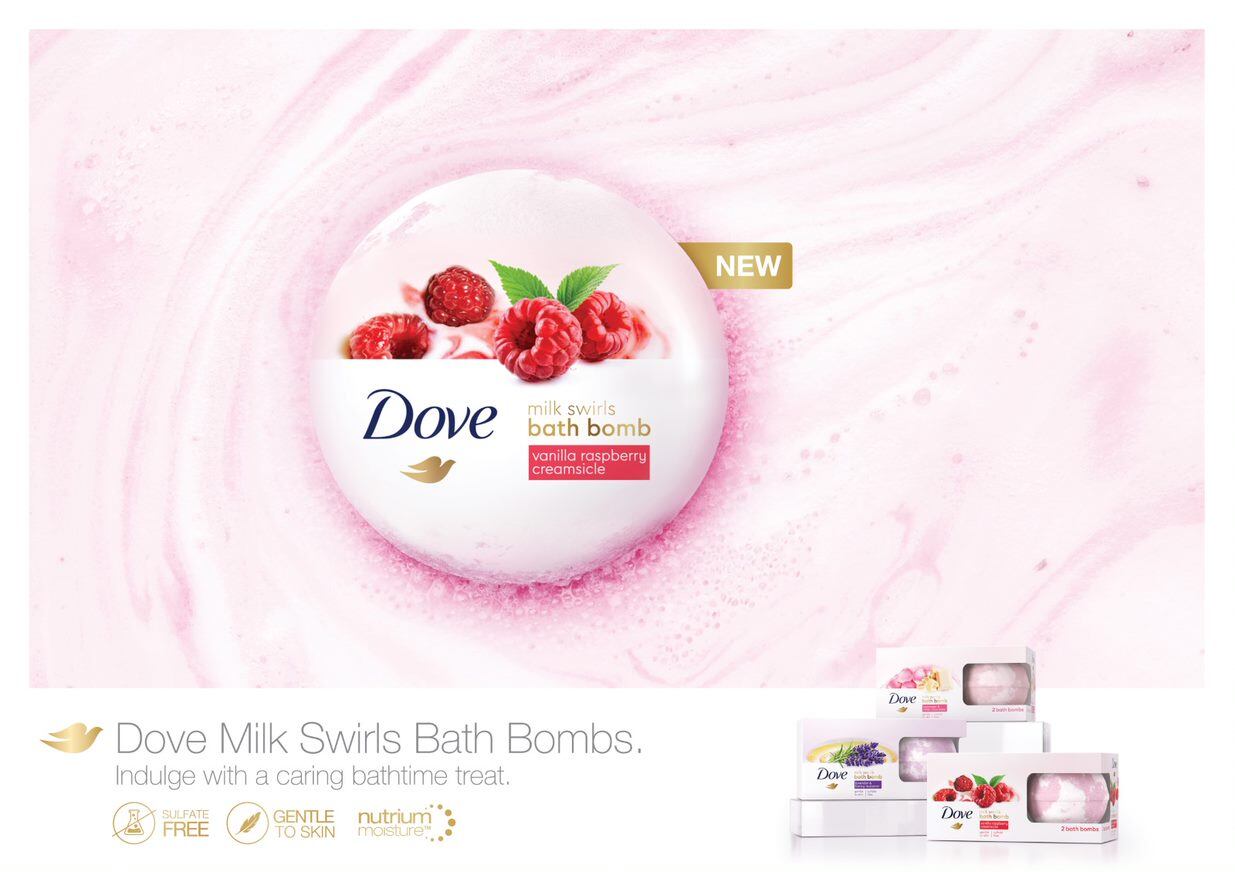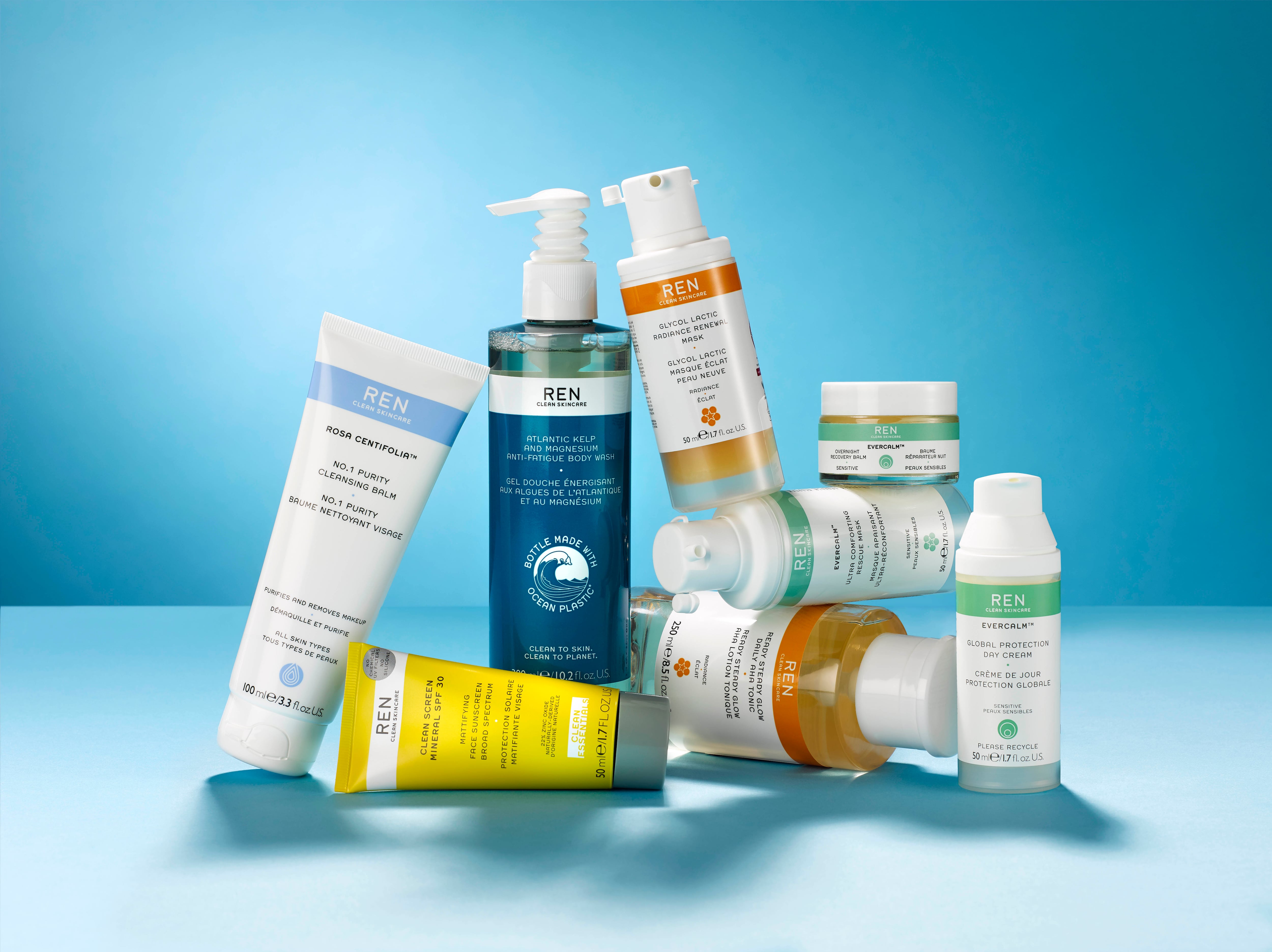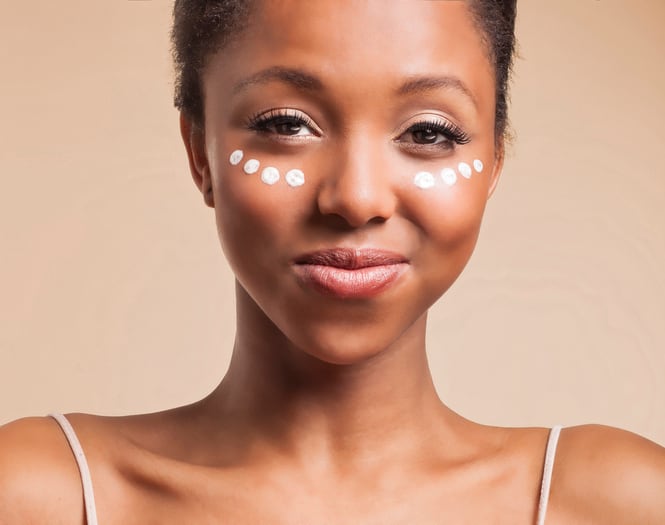The European-headquartered consumer goods giant pulled in revenues of €13.7bn for the second quarter (Q2) of 2019 across its entire business, down 0.1% on the previous year but up 3.5% in underlying sales growth (adjusted to exclude influence of acquisitions, disposals and currency changes).
Its largest division - global beauty and personal care - generated €5.5bn for the quarter, up 6.6% on the previous year with an underlying sales growth of 3.5%. Total beauty and personal care revenues for the first half of 2019 (H1), therefore, totalled €10.7bn - up 6.3% on the previous year with underlying sales growth at 3.3%.
Speaking to investors last week in the company’s financial earnings webcast, CEO Alan Jope said growth in beauty and personal care was “almost equally balanced” between price and volume.
Deodorants, skin care and prestige strong
“Within that, deodorants and skincare have delivered good growth,” Jope told investors on the call.
Unilever said good performance of deodorants had been supported by the Rexona Clinical and Dove Zero aluminium ranges, as well as the extension into deodorants under its sustainable brand Love, Beauty & Planet. Skin care had also seen global sales rise, driven by new product formats like Dove bath bombs, Dove foaming handwash and Pond’s Instabright glow cream.

Importantly, Jope said Unilever’s prestige brands segment had registered double-digit growth for Q2 with Dermalogica, Living Proof and Hourglass “leading the charge”. The recent acquisitions of Garancia and Tatcha – set for completion in Q3 of this year – would also add “strong, purpose-led, fast-growth brands” to Unilever’s prestige portfolio, he said.
Beyond this, oral care had also returned to growth thanks to product innovations like Closeup natural whitening toothpaste and Signal White Now.
Satisfactory growth? ‘No, definitely not’
When asked by a UBS analyst how Unilever planned to bolster relatively muted growth in personal care, Jope said: “Beauty and personal care growth is competitive. We’re growing slightly ahead of the market (…) but, am I satisfied with 3.5% growth in the latest quarter in beauty and personal care? No, definitely not.”
Unilever faced difficulties in hair care and broadly struggled in Europe compared to Unilever’s other global regions due to a tougher retail environment. Within beauty and personal care, however, Dove had continued to perform well across the region in Q2.
A Unilever spokesperson told CosmeticsDesign-Europe that overcoming difficulties in Europe would involve balancing the company’s retail footprint through different channels; innovating into rapid growth areas like premium; broadening its portfolio to access all key price points; using a net revenue management programme to help develop different pack sizes and price points; and a savings programme to help grow margins.
Driving its European beauty and personal care business into premium and higher-growth markets would also help drive growth, the spokesperson said, as well as reinvesting gross margin.
Prestige is becoming ‘quite a meaningful business’

Jope told investors Unilever would continue to “build out” its position in fast-growing channels and “take advantage” of its emerging market footprint.
“An example of what I mean by evolving our portfolio is prestige. Prestige is becoming quite a meaningful business,” Jope said. “This year, it will be over a 600-million-euro business. It continues to grow at double-digit and it’s making a nice contribution to our beauty and personal care growth.”
In North America, however, he said Unilever would have to “decompose” the prestige unit as it had become quite polarized, with difficulties in hair care. Hair care registered “modest growth” in H1 due to a challenging second quarter in the US, Unilever said.
“We’re very determined to get hair in North America back into share growth,” Jope said.
Part of this would involve Unilever continuing its shift towards natural and premium to align with the importance and secular nature of both trends, he said.
A digital future?
Jope said Unilever would also continue to strengthen investments in digital engagement – a channel that now represented 40% of the company’s total media spend.
At the recent Microsoft Inspire annual conference in Las Vegas, Dave Penrish, chief engineer at Unilever, shared how the company had enlisted the support of global tech giant Microsoft and tech innovation company The Marsden Group to help its digital transformation.




